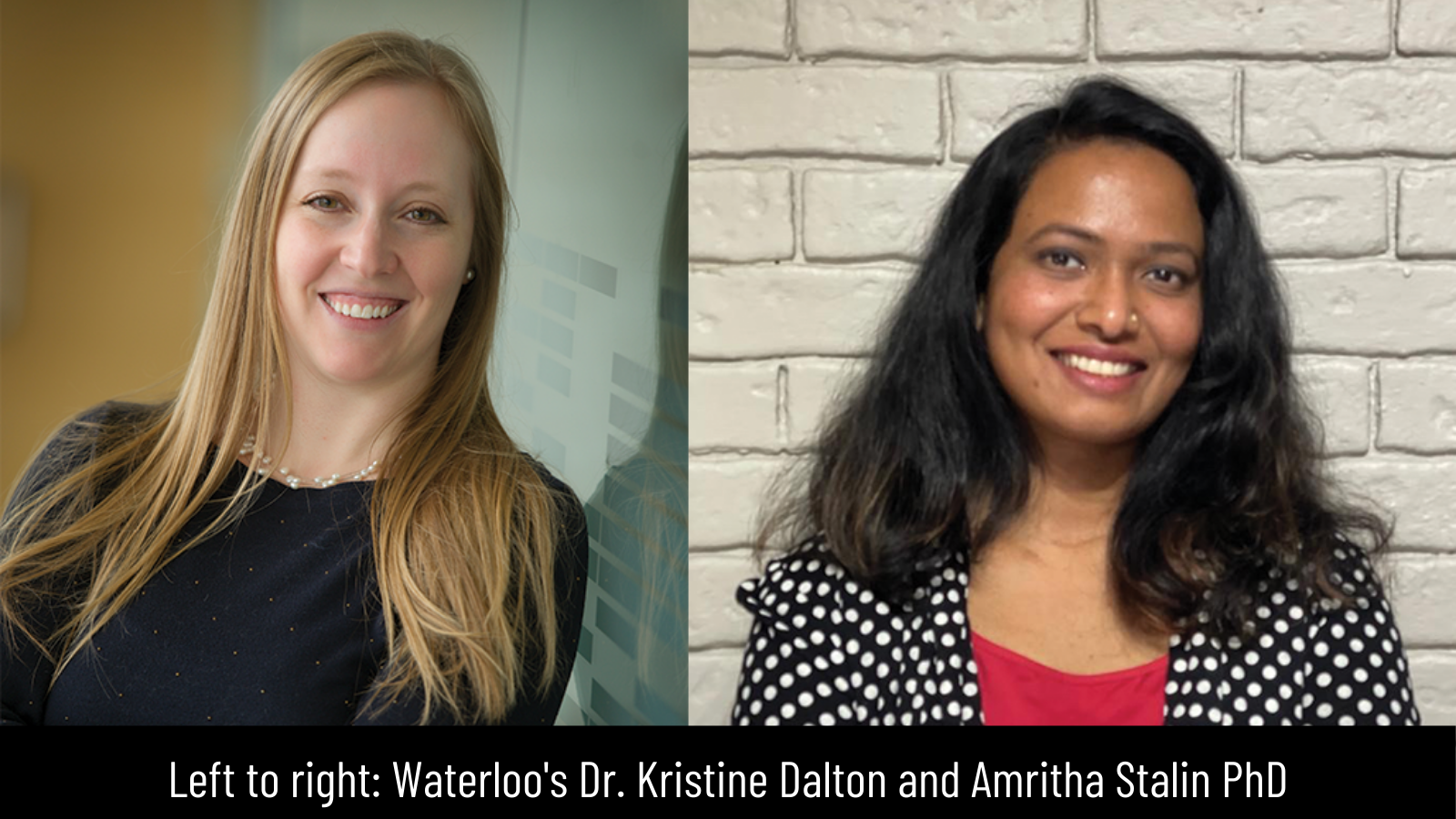
The International Paralympic Committee’s (IPC) classification systems are the backbone of Para sport, determining which athletes are eligible to compete and how athletes are grouped together for competition. Historically, sports for athletes with vision impairment - such as swimming, judo, and skiing - have all had the same classification rules. But with the help of Waterloo’s researchers, Para Alpine and Para Nordic skiing are considering developing their own individual classification systems for athletes with vision impairment.
“Athletes’ visual demands change based on their environment and the sport or discipline they are competing in. It is essential to consider the impact of the unique individual sport demands when designing new classification systems in order to protect fair competition,” says Amritha Stalin PhD, a Waterloo postdoctoral fellow. “Identifying the top visual predictors of skiing performance is an important step in the creation of vision impairment classification systems for Para Alpine and Para Nordic skiing that better reflect the unique demands these sports.”
After completion of a multi-year research project with elite Para Alpine and Para Nordic skiers with vision impairment, Waterloo researchers Stalin and Dr. Kristine Dalton found that the biggest predictors of performance were skier’s ability to clearly see detail (static visual acuity), and the width of their visual span (visual field).
Waterloo’s Dalton and Stalin presented their final classification recommendations for Para skiers with vision impairment to World Para Alpine Skiing and World Para Nordic Skiing, the world’s governing bodies for these sports.
Dalton and Stalin believe there is opportunity for their research findings to have an impact on IPC’s classification systems for all athletes who are blind or visually impaired. “Although the different sports for athletes with vision impairment have distinct vision demands, there are also similarities between the sports that we can learn from,” says Dr. Dalton, professor at Waterloo’s School of Optometry & Vision Science.
“By comparing the similarities and differences between the sports, we can begin to understand more about how all athletes use their vision to compete. In turn, this understanding will help us enhance sport performance for athletes with and without vision impairment alike.”